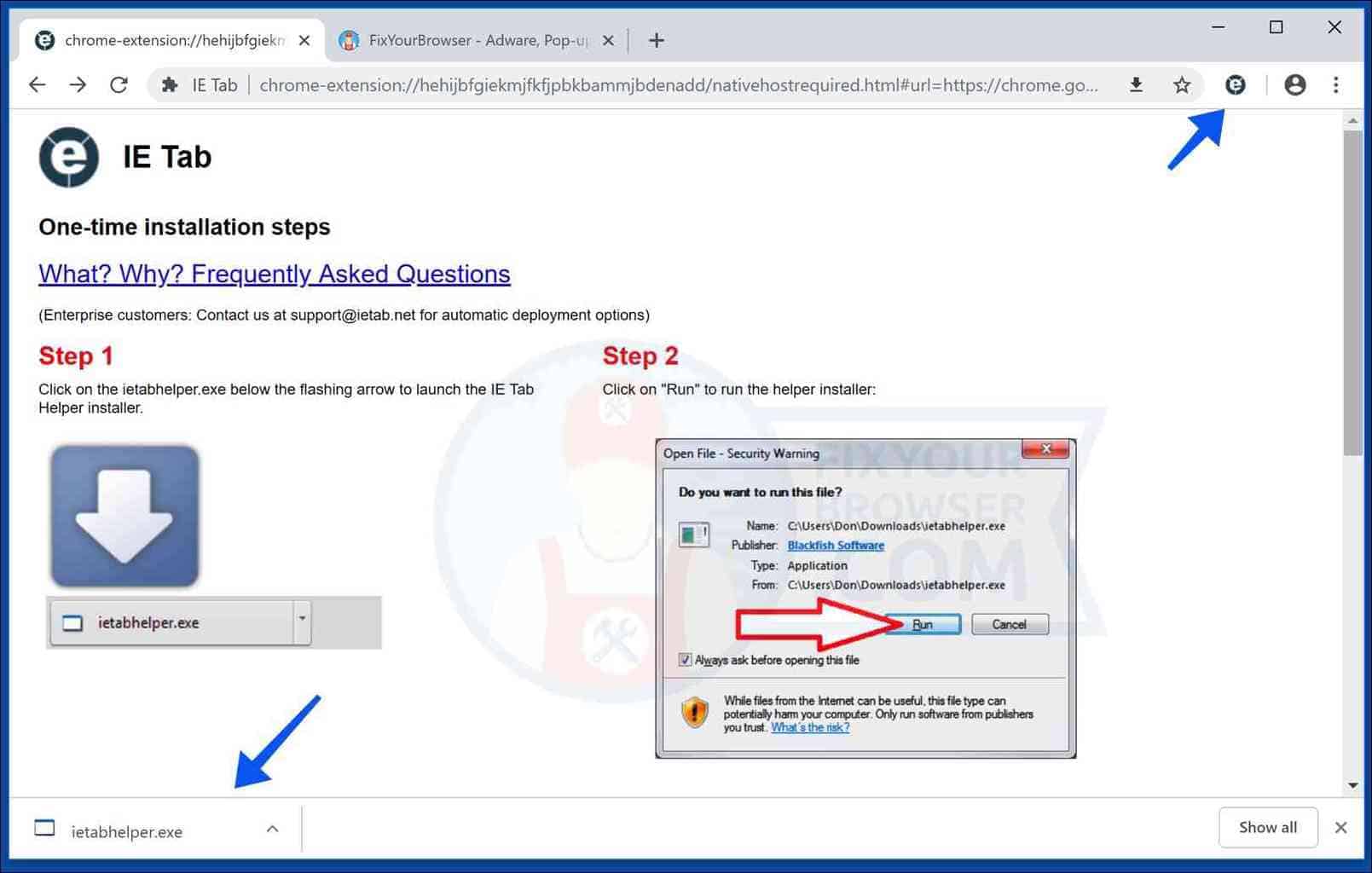

- #MICROSOFT SILVERLIGHT FOR MAC GOOGLE CHROME INSTALL#
- #MICROSOFT SILVERLIGHT FOR MAC GOOGLE CHROME CODE#
- #MICROSOFT SILVERLIGHT FOR MAC GOOGLE CHROME DOWNLOAD#
- #MICROSOFT SILVERLIGHT FOR MAC GOOGLE CHROME FREE#
Once compiled, your application will run on all browsers without requiring users to install a plugin.Ī " Silverlight Migration Support Plan" is available, which includes support and assistance to quickly get up and running. NET Standard library or a JavaScript library.
#MICROSOFT SILVERLIGHT FOR MAC GOOGLE CHROME CODE#
Then, create a new project of type "OpenSilver", copy/paste your Silverlight code into that new project, and compile it.Ĭompilation errors are initially expected because some features are not supported (read below), but you can work around those limitations, for example by importing a.
#MICROSOFT SILVERLIGHT FOR MAC GOOGLE CHROME DOWNLOAD#
To do so, download and install the OpenSilver extension. To migrate an existing Silverlight application, simply recompile its source code using OpenSilver. Migrating an existing Silverlight application to OpenSilver When creating a new OpenSilver project with Visual Studio, you can choose between the Silverlight and the UWP dialects of XAML.
#MICROSOFT SILVERLIGHT FOR MAC GOOGLE CHROME FREE#
To build your own application, simply download the free extension for Microsoft Visual Studio 2019 (16.11+) or 2022 (OpenSilver.VSIX), which installs the Project Templates to the "New Project" dialog. You can see an example of application here. When an application is compiled using OpenSilver, it runs on all those browsers without requiring users to install a plugin.Įxisting Silverlight applications need to be recompiled with OpenSilver in order to run on those browsers. OpenSilver applications are compatible with all browsers that support WebAssembly, which include all major browsers (Edge, Chrome, Firefox, Safari.) on all major platforms (Windows, macOS, iOS, Android, Linux, ChromeOS.). While backward compatible with Silverlight code, OpenSilver also provides support for more modern technologies including the latest Visual Studio, the latest C# language versions. Developers can build and maintain their applications using solely C# and XAML, without Razor nor HTML. OpenSilver is built on top of Blazor to provide XAML support, compatibility with the Silverlight APIs, and a Simulator-based debugging experience that is identical to that of desktop development. NET-based development, it still requires them to use HTML and CSS. While Blazor brings developers a step closer to frontend. Under the hood, OpenSilver leverages the open-source Microsoft Blazor technology and the Mono for WebAssembly components to compile C# and.

OpenSilver leverages WebAssembly to make Silverlight applications run natively and securely on all browsers without requiring any installation or plugin. WebAssembly (WASM) is a new and industry-standard technology that is now built into all modern browsers, including Microsoft Edge, Google Chrome, Mozilla Firefox, and Apple Safari. It works by letting developers re-compile the source code of their Silverlight application into files that all modern browsers recognize, that is, HTML, CSS, and WebAssembly.

OpenSilver is distributed as an extension for Microsoft Visual Studio. To create a tool to build rich web applications from scratch using C# and XAML, with the efficiency and productivity of the Silverlight SDK.To provide an alternative to rewriting from scratch with another technology, and allow for the migration of legacy Silverlight applications in a short period of time while retaining all the features of the original applications.We envision two objectives for OpenSilver : NET developers and IT departments that still have legacy Silverlight applications. The technology has been in Technical Preview since March 2020 and is today being released in Beta. OpenSilver is an open-source implementation of Silverlight that doesn’t require plugins. Thousands of companies that relied on it for their Intranet applications are forced to rewrite them using other technologies, spending months or even years of man-hours, allocating critical resources that could be leveraged elsewhere, and risking ending up with applications that might have fewer features than the original ones. With the browser industry shifting away from the plugins model, Microsoft Silverlight will soon reach the end of support, and the installer will no longer be available for download after October 12. Our open-source reimplementation of Silverlight that runs on current browsers via WebAssembly is building up towards release 1.0 due for October 12.

SeptemToday we are introducing the OpenSilver Beta.


 0 kommentar(er)
0 kommentar(er)
